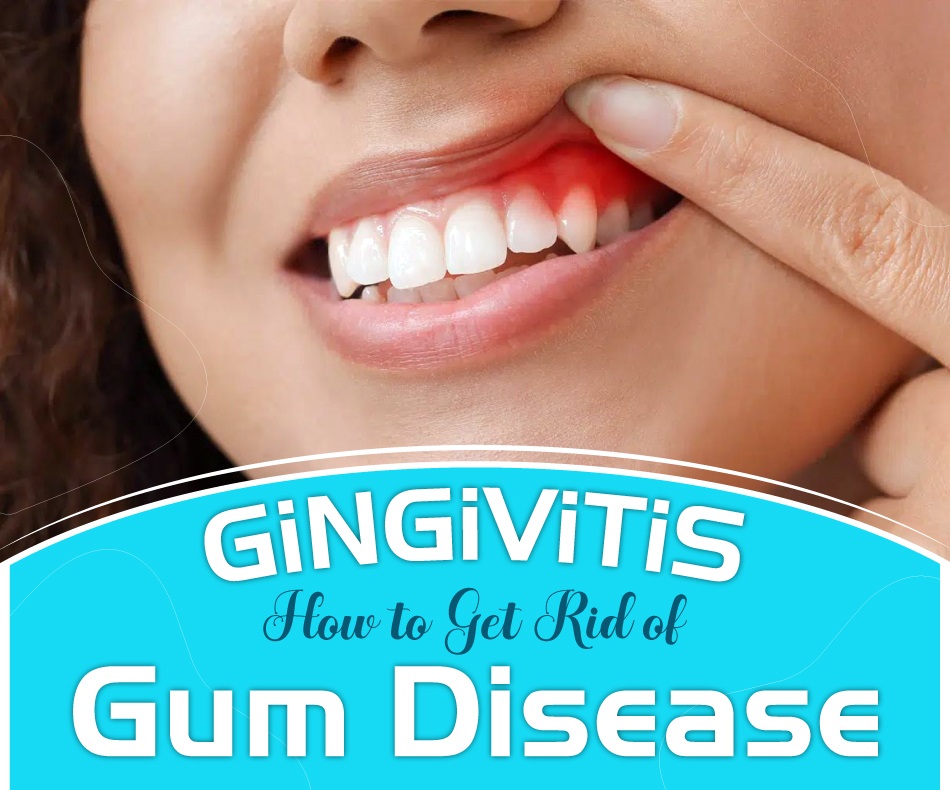Like most people, you may not think about your dental health until there’s a problem. And if you’re like most people, you may not know much about gum disease. Gingivitis is the mildest form of gum disease, but it can lead to more severe problems if not treated.
What is gingivitis?
Gingivitis is a common and mild form of gum disease that causes inflammation of your gingival or gums. The early stage of gingivitis can be difficult to identify because the symptoms are often subtle. You may notice that your gums bleed when you brush or floss your teeth.
You can successfully manage gingivitis, especially with the help of a dentist. However, if left untreated, this condition can lead to periodontitis, a more severe form of germ disease.
What causes gingivitis?
The leading cause of gingivitis is plaque, a sticky film of bacteria that forms on your teeth. Plaque produces toxins that can damage your gums and lead to inflammation. Other factors that may contribute to gingivitis include:
- Poor dental hygiene
- Smoking
- Certain medications that cause dry mouth or decreased saliva flow
- Diseases that affect the immune system, such as HIV/AIDS and diabetes
- Hormonal changes in girls and women during puberty, menstruation, pregnancy, and menopause
Symptoms of gum disease
In its early stages, gingivitis may not cause any symptoms. As the disease progresses, you may notice:
- Swollen gums
- Red gums
- Bleeding gums
- Bad breath
- Sensitive teeth
- Tender gums
Gingivitis treatment options
There are several ways to treat gingivitis, depending on the severity of your condition. If you have mild gingivitis, you may be able to control the disease by practicing good oral hygiene. This means brushing your teeth at least twice a day, flossing daily, and using an antibacterial mouthwash.
If your gingivitis is more severe, your dentist may recommend more aggressive treatment, such as scaling and root planing. Scaling removes plaque and tartar from your teeth above and below the gum line. Root planing is a process of smoothing out the roots of your teeth to remove any bacteria or debris that may be trapped there. In some cases, your dentist may also prescribe medication to help control the inflammation and bacteria associated with gingivitis.
If you have gingivitis, it’s essential to see a dentist to diagnose and treat the condition properly. Left untreated, gingivitis can lead to more severe problems, such as periodontitis. Periodontitis is a form of gum disease that can damage the tissue and bone supporting your teeth. This can eventually lead to tooth loss.
To help prevent gingivitis, it is essential to brush your teeth at least twice a day and floss daily. Be sure to clean between your teeth and under your gum line to remove plaque. It is also essential to see your North York dentist regularly for professional cleanings and checkups. If you have any concerns about your oral health, talk to your dentist.
In addition to good oral hygiene, there are other things you can do to help prevent gingivitis. Quit smoking or using tobacco products. Tobacco use is a major risk factor for gingivitis and other oral health problems. Eat a healthy diet and limit sugary snacks and drinks. Sugar contributes to the formation of plaque. If you have diabetes, be sure to control your blood sugar levels. People with diabetes are at increased risk for developing gingivitis.
Finally, stress can also contribute to the development of gingivitis. Be sure to manage stress levels by getting enough rest, exercising, and practicing relaxation techniques. If you are experiencing stress-related problems with your oral health, talk to your dentist.



